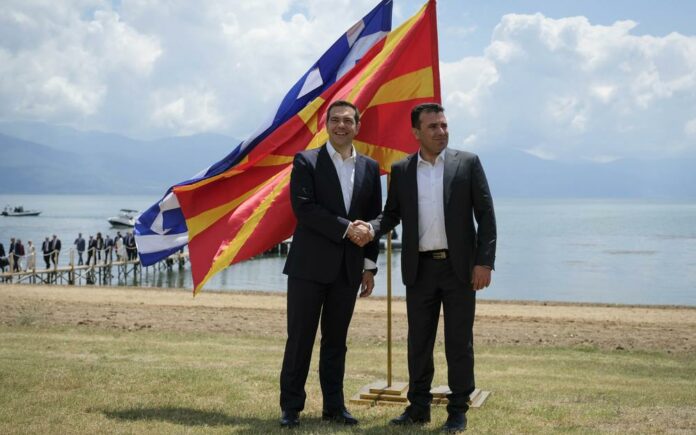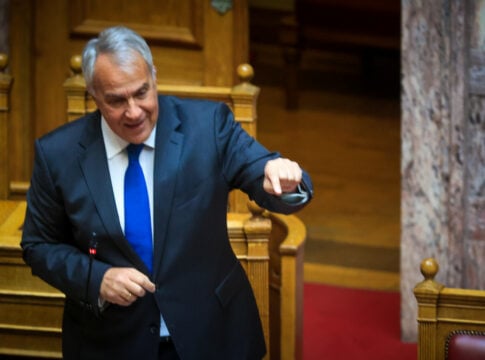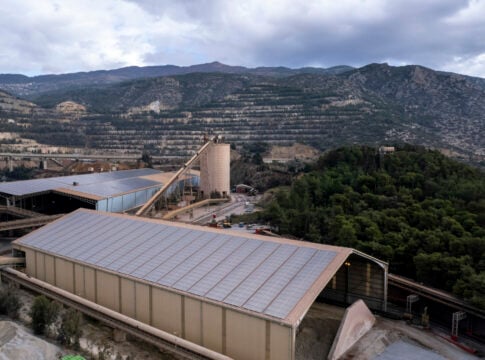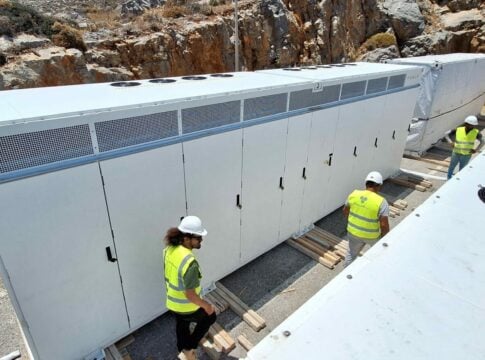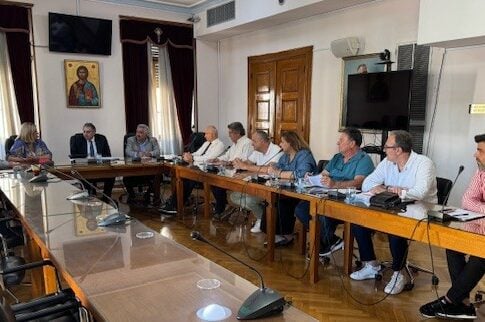Political “jockeying” between the two coalition partners, leftist SYRIZA and the small right-wing Independent Greeks’ (AN.EL) party that affords it a slim Parliament majority, continued this week over a divisive bilateral agreement to finally resolve the fYRoM “name issue”, given that the latter party has repeatedly voiced its opposition.
The political “calculus” deals with when the agreement, called the “Prespes” or “Prespa” agreement, will reach Greece’s Parliament for ratification, in tandem with when general elections will be declared in 2019. A prospective “mutiny” over the agreement by AN.EL’s deputies would mean that the Tsipras government could lose a vote of confidence.
Nevertheless, with ruling SYRIZA trailing main opposition New Democracy (ND) by double digit percentage points in practically all mainstream polls for the past year and a half, and with the diehard populist AN.EL party appearing as a long-shot to re-enter Parliament, a complete fallout by the two sides is considered as unlikely, given that a snap election would be declared if case of a no confidence vote.
Defense Minister and AN.EL leader Panos Kammenos kicked off the week by asking for the agreement to be scrapped, while also promising to “do his utmost so that it doesn’t arrive in Parliament.” The controversial right-wing politician and one-time ND cadre also pledged that he and other AN.EL MPs serving on the Cabinet would resign. “I will remove my deputies before the agreement arrives in Parliament for ratification,” he railed, appearing on a morning news affairs program.
He wasn’t asked whether he would subsequent vote against a confidence motion for the Tsipras government.
The opposition has repeatedly charged that Kammenos and his AN.EL deputies could vote against the Prespes agreement, or simply not be present in the chamber during the vote, whereby the government would rely on a handful of other parties’ MPs favoring the bilateral pact. If ratified by Greece and the former Yugoslav Republic of Macedonia (fYRoM), as well as gaining a “yes” vote in a Sept. 30 referendum in the latter, the agreement would transform the neighboring country into the “Republic of North Macedonia”. With ratification achieved, Kammenos’ remaining deputies would continue to support the current “strange bedfellows” coalition government, political opponents charge.
Asked a day later about Kammenos’ latest political “tightrope” act, a government spokesman confidently predicted that “no problem will be created in the coalition government … There are no points of friction, only different angles,” he said.
Speaking before government spokesman Dimitris Tzanakopoulos, one of Kammenos’ remaining seven deputies in the 300-MP Parliament, Thanasis Papachristopoulos, flatly said he’s against Kammenos’ decision to “topple the government”. Speaking on a radio station program, he essentially said he’ll vote for the agreement when it comes up for ratification.


